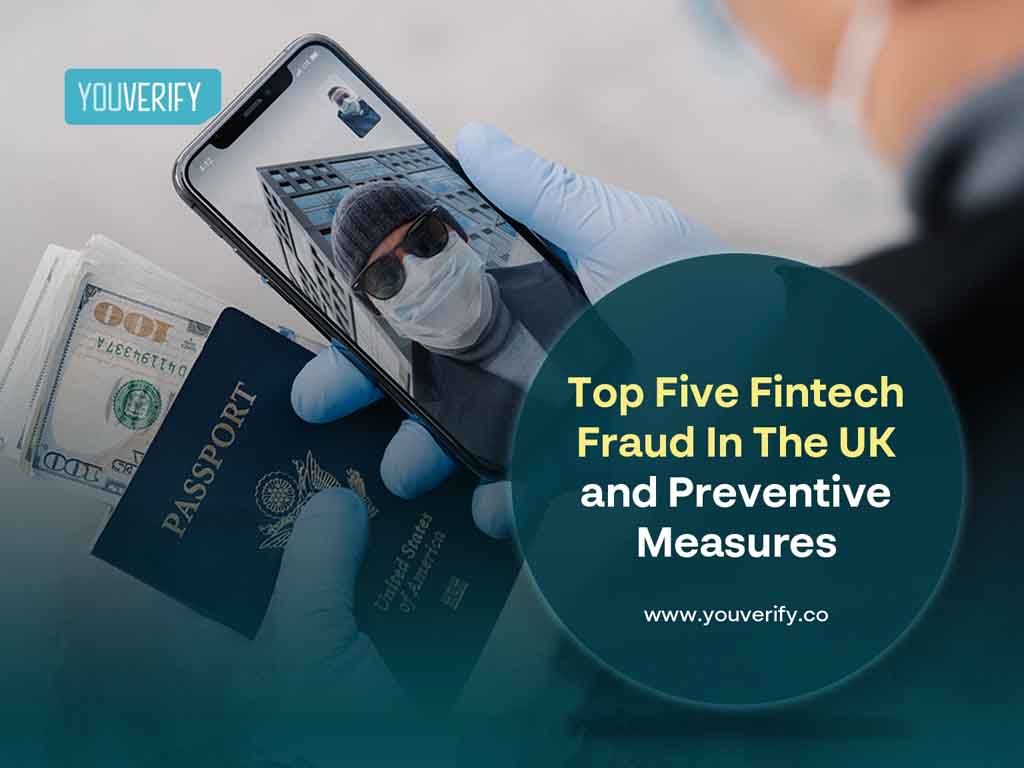With the rise of innovative Fintech fronts and the use of Fintech, financial crimes have begun to infiltrate the Fintech space as well around the world. Of course, malicious individuals will always find vulnerabilities to exploit. According to the National Crime Agency (United Kingdom), fraud is the most commonly experienced crime in the UK, with devastating economic and social consequences in England and Wales.
According to the Office of National Statistics, an estimated 3.5 million incidents of fraud were experienced by persons aged 16 and over between April 2022 and March 2023. Of course, these are only reported incidents which leaves room for a larger figure that may be more accurate if encompassing.
The National Crime Agency, United Kingdom, admits that fraud is highly underreported. The Crimes Survey of England and Wales estimates that only 23% of cases are reported to the police or Action Fraud.
In this article, the top five Fintech frauds and their preventive measures will be discussed.
What is Fintech Fraud?
Fintech fraud includes deceptive practices or criminal activities that target financial technology (Fintech) services and platforms and their users.
Fintech fraud refers to criminal activities that exploit vulnerabilities in financial technology platforms and services to deceive individuals or organizations for financial gain.
What are the Most Common Types of Fraud in the UK?
According to the National Crime Agency, Four-fifths of reported fraud are cyber-enabled according to the National Fraud Intelligence Bureau. The most common types of fraud in the UK are:
- Payment diversion fraud
- Investment fraud
- Romance fraud
- Courier fraud
- Cheque, Plastic card, and Online bank account fraud.
What are the Top 5 Common Fintech Frauds In the UK?
The top five common fintech frauds in the UK include;
1. Debit or Credit Card Fraud
This occurs when an unauthorized transaction is made using a victim's stolen card details. It can happen through different methods, such as shoulder surfing, card skimming, phishing, data breaches, dumpster diving, etc.
Persons in illegal possession of a person's card details will typically seem to empty the funds held by a card or impersonate the identity of the victim in some cases.
2. Online Bank Account Fraud
This type of fraud involves fraudsters gaining unauthorized access to an online bank account to steal funds or commit other crimes, such as bank account takeover, money laundering, identity fraud, fee advanced fraud, etcetera.
3. Identity Fraud
Criminals often expose vulnerabilities or loopholes in digital or managerial procedures to steal personal information to open accounts or make fraudulent transactions.
4. Bank Account Takeover
This occurs when fraudsters gain control of a victim's bank account and make unauthorized transactions.
5. Payment Fraud
This involves unauthorized transactions or manipulation of payment processes. It includes invoice fraud and unauthorized fund transfers.
How to Prevent Fintech Fraud: Preventive Measures For The Top 5 Fintech Frauds In The United Kingdom
1. Multifactor Authentication (MFA)
This use of MFA is one of the most recommended ways for preventing Fintech fraud in the UK. It is advisable to use applications or products that offer multifactor authentication factor features. Authentication factors may include biometric verification, verification via a unique code, email, etc.
MFA is a useful extra layer of security that can help reduce the rampant incidence of fintech fraud. It allows for secure login methods such as biometric authentication and one-time passwords (OTPs).
2. Using Strong Passwords
Of course, using strong passwords will always be a popular recourse for Fintech users seeking to safeguard their accounts and funds. Using unique passwords that are usually changed is advisable. A strong password consists of:
- 1. At least an uppercase letter
- 2. A unique symbol or character
- 3. At least number
For example; #Y0uveriFy25
3. Transaction Monitoring
Transaction monitoring technology remains one of the top-notch preventive measures for money laundering because it offers a risk-based approach to the prevention of money laundering, operating in real-time while monitoring transactions as they occur. This immediacy enables the detection of suspicious activities promptly through automated reports, reducing the risk of money laundering proceeds from being integrated into the legitimate financial system.
Transaction monitoring systems make use of advanced algorithms and machine learning techniques to identify patterns and anomalies that may indicate money laundering activities, making it easier for financial institutions to flag potentially suspicious transactions.
4. Identity Verification
Robust identity verification processes should be used during account creation, such as biometric verification, ID document verification, ID data matching, Live Detection, etc. This would reduce the creation of accounts with false and stolen identities.
5. Staying On Par With Preventive Measures
Providers and users of financial services need to stay on par with recent measures and innovations against fintech fraud. Staying subscribed to newsletters, blogs like this, and journals, as well as engaging and consulting with experts, is necessary.
6. Transaction Limits
Transaction limits should be set so that additional verification is required for large amounts that exceed such transaction limits. We have written a comprehensive way of detecting and preventing fraud in fintech, you may want to check it out.
Bottom Line
Fraud poses a great risk for the users and providers of Fintech services in the United Kingdom. However, these risks can be mitigated with the right preventive measures and software solutions. By leveraging advanced security technologies, educating users, and implementing robust monitoring and verification systems, fintech companies in the United Kingdom can protect themselves and their customers from the most common types of fraud.
Youverify's suite of powerful compliance software solutions is a perfect partner for Fintech companies in the United Kingdom to combat and mitigate Fintech fraud. With our innovative products, you can protect your business from fraud and other financial losses through our adaptive real-time transaction monitoring solution. Book a demo with us today to see how it works.
